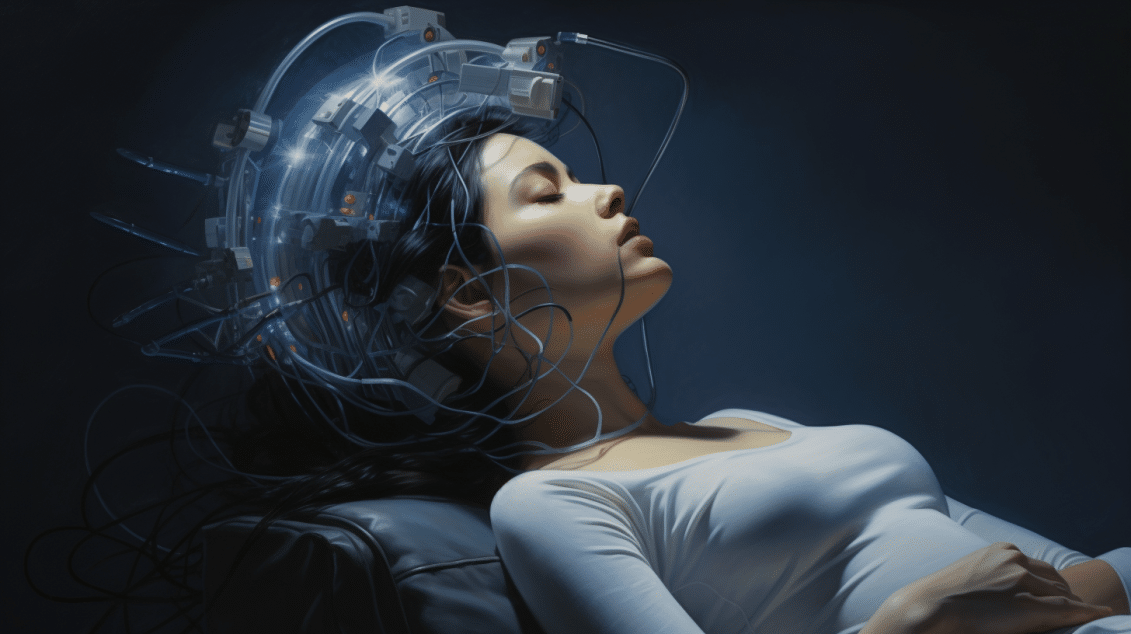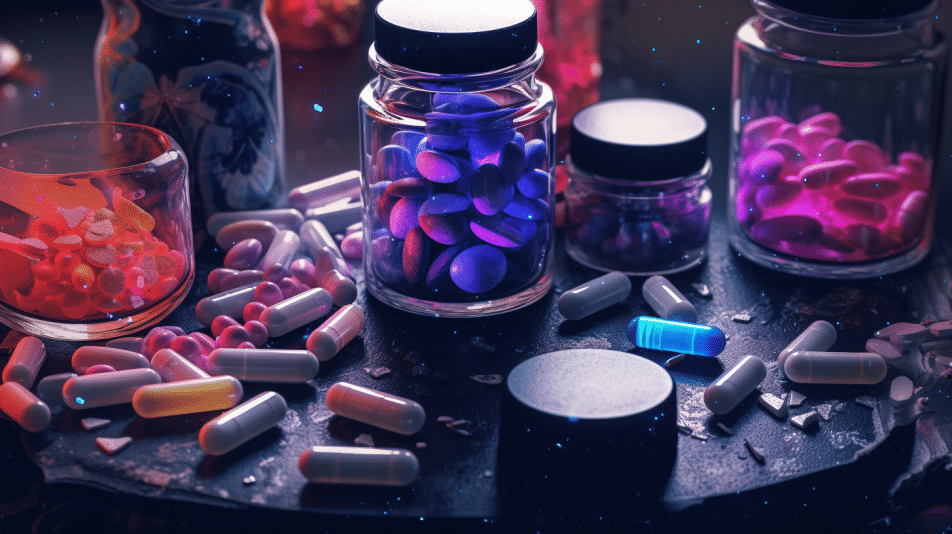Modafinil Dependence & Addiction: 4 Case Reports & Warning Signs
Modafinil is a prescription medication often used off-label as a ‘smart drug’ to boost focus and concentration. While thought to have low potential for abuse, emerging case reports reveal that modafinil may be more addictive than previously believed. What is Modafinil? Modafinil is a prescription medication approved for treating sleep disorders like narcolepsy, shift work …










